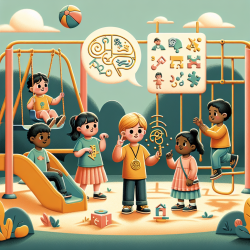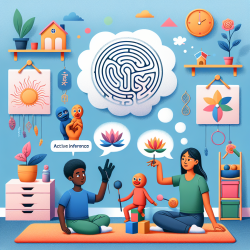The field of medical ethics is a dynamic and evolving area that requires continuous learning and adaptation. For practitioners, understanding the ethical landscape is crucial to delivering compassionate and legally compliant care. A recent systematic review titled "Current state of ethical challenges reported in Saudi Arabia: a systematic review & bibliometric analysis from 2010 to 2021" provides valuable insights into the most debated bioethical domains within Saudi Arabia. This blog will explore these domains and offer guidance on how practitioners can implement these findings to improve their skills or encourage further research.
The Five Key Domains of Bioethics in Saudi Arabia
The systematic review identified five primary domains that have shaped the perspective of bioethics research in Saudi Arabia:
- Doctor-Patient Relationship: Trust, integrity, and honesty are the cornerstones of successful doctor-patient interactions. In Saudi Arabia, family involvement plays a significant role in decision-making, which adds complexity to this domain.
- Informed Consent: Informed consent is not only about informing the patient but also involves the family in understanding treatment consequences. This domain emphasizes transparency and patient autonomy.
- Do-Not-Resuscitate (DNR): The DNR policy in Saudi Arabia allows for non-resuscitation if deemed medically futile by competent doctors. The family's role is limited by religious Fatwas, which can lead to ongoing debates about DNR practices.
- Organ Donation and Transplantation: Organ donation has been on the rise, with ethical considerations surrounding consent, allocation, and cultural perceptions being central themes.
- Medical Ethics Curriculum: There is a growing need for a comprehensive bioethics curriculum that incorporates Islamic perspectives alongside global ethical standards.
Implementing Ethical Insights into Practice
The findings from this review offer several actionable insights for practitioners aiming to enhance their ethical practice:
Cultivate Trust in Doctor-Patient Relationships
Cultivating trust requires clear communication and an understanding of cultural nuances. Practitioners should engage with patients' families to ensure all parties are informed and involved appropriately. Training programs that focus on communication skills and cultural competence can be beneficial.
Enhance Informed Consent Processes
The informed consent process should be viewed as an ongoing dialogue rather than a one-time event. Practitioners should ensure that both patients and their families understand the implications of medical decisions. Providing clear, accessible information and encouraging questions can improve patient satisfaction and compliance.
Navigating Do-Not-Resuscitate Decisions
DNR decisions require sensitivity and adherence to both medical guidelines and religious considerations. Practitioners should familiarize themselves with local policies and engage in open discussions with patients' families to align expectations and decisions.
Promote Awareness of Organ Donation
Practitioners can play a pivotal role in educating the public about organ donation benefits while addressing common misconceptions. Engaging with media campaigns and community outreach can help increase awareness and acceptance.
Integrate Ethics Education into Medical Training
A robust ethics curriculum is essential for preparing future healthcare professionals. Institutions should aim to develop programs that blend Islamic bioethical principles with international standards, ensuring graduates are well-equipped to handle ethical dilemmas.
The Path Forward: Encouraging Further Research
This review highlights areas where further research is needed to fill knowledge gaps and refine ethical practices. Researchers are encouraged to explore under-studied areas such as stem cell research, genetic ethics, and emerging technologies within the context of Islamic bioethics.
The systematic review serves as a foundation for future studies that could compare bioethical practices across different cultures or examine the impact of recent global events like the COVID-19 pandemic on ethical decision-making in healthcare.










